When should you turn the heating on?
It is getting colder outside but should you wait to turn the heating on as energy bills remain high?

A free daily email with the biggest news stories of the day – and the best features from TheWeek.com
You are now subscribed
Your newsletter sign-up was successful
The temperature may be dropping in the UK but is it the right time to turn the heating on?
The lower temperatures as we approach the autumn and winter seasons means "many households will be considering whether to turn on the heating", said the i newspaper, but there will be concerns about energy prices remaining "far higher than in previous years".
That means that deciding on the right time to switch on the heating is a "matter for debate" among many families, said Metro.co.uk. Some will want "the thermostat cranked up", while others will "stick it out" with jumpers for as long as possible.
The Week
Escape your echo chamber. Get the facts behind the news, plus analysis from multiple perspectives.

Sign up for The Week's Free Newsletters
From our morning news briefing to a weekly Good News Newsletter, get the best of The Week delivered directly to your inbox.
From our morning news briefing to a weekly Good News Newsletter, get the best of The Week delivered directly to your inbox.
How much will it cost to turn on the heating?
Households are now paying 7% less on average for their gas and electricity, at £1,834 for an average bill, after industry regulator Ofgem's energy price cap dropped in October.
But this doesn't necessarily mean your energy bill will be cheaper, said MoneyWeek, as that is just the fall in the unit price so "how much you pay depends on your energy usage."
The cap also only lasts for three months, said MoneySavingExpert, so while "falling energy bills" will be a "relief for many", they are predicted to rise again in January 2024.
The cost will also depend how long the heating is on, and how high you set the thermostat.
A free daily email with the biggest news stories of the day – and the best features from TheWeek.com
Some argue that having the heating on all day is cheaper, said uSwitch, as they believe it "takes additional energy to bring their home up to temperature when the heating has been switched off".
This is a "debate for the ages", added the comparison website, as if you leave your heating on 24/7, "you will typically end up using more fuel".
Whether you set your heating high or low, said Look After My Bills, "it uses energy regardless". So even if the heating is on low all day, you are "adding to your energy bills incrementally".
When is the best time of year to turn on the heating?
There's no "right answer" to when you should switch on the central heating, said MoneyWeek, as it will depend on "the weather and your needs".
There is "no single temperature" that signals when the heating should go on, said HouseBeautiful, but many households aim for when the clocks go back, the days get shorter and it gets even colder outside – which is Sunday 29 October this year.
Alternatively, the NHS advises putting the heating on for health reasons if the outside temperature falls below 15° Celsius, said Best Heating. This means that in line with Met Office data, "the date we can expect to use our heating is 20 October" and the temperature won't go above that "for the rest of the year".
Alternative ways to heat your home
Consider how well insulated your home is, added Look After My Bills, as you may lose "heat to the outdoors" through windows, walls and doors. If your home is poorly insulated, your heating system "constantly has to work to maintain the temperature you want", which can cost you more.
We all have "different comfort levels", added MoneyWeek, but turning your thermostat down by just 1°C can save you over £100 a year.
Heating controls such as smart thermostats that "learn your habits and adjust settings automatically" can help reduce your bills by controlling usage, said the Energy Saving Trust, but research shows few people really understand their controls and "many simply just don't use them".
Alternatively, said HouseBeautiful, one of the "best ways" to reduce your reliance on the heating is to "layer up with a warm jumper".
Marc Shoffman is an NCTJ-qualified award-winning freelance journalist, specialising in business, property and personal finance. He has a BA in multimedia journalism from Bournemouth University and a master’s in financial journalism from City University, London. His career began at FT Business trade publication Financial Adviser, during the 2008 banking crash. In 2013, he moved to MailOnline’s personal finance section This is Money, where he covered topics ranging from mortgages and pensions to investments and even a bit of Bitcoin. Since going freelance in 2016, his work has appeared in MoneyWeek, The Times, The Mail on Sunday and on the i news site.
-
 ‘My donation felt like a rejection of the day’s politics’
‘My donation felt like a rejection of the day’s politics’Instant Opinion Opinion, comment and editorials of the day
-
 Trump wants a weaker dollar but economists aren’t so sure
Trump wants a weaker dollar but economists aren’t so sureTalking Points A weaker dollar can make imports more expensive but also boost gold
-
 Political cartoons for February 3
Political cartoons for February 3Cartoons Tuesday’s political cartoons include empty seats, the worst of the worst of bunnies, and more
-
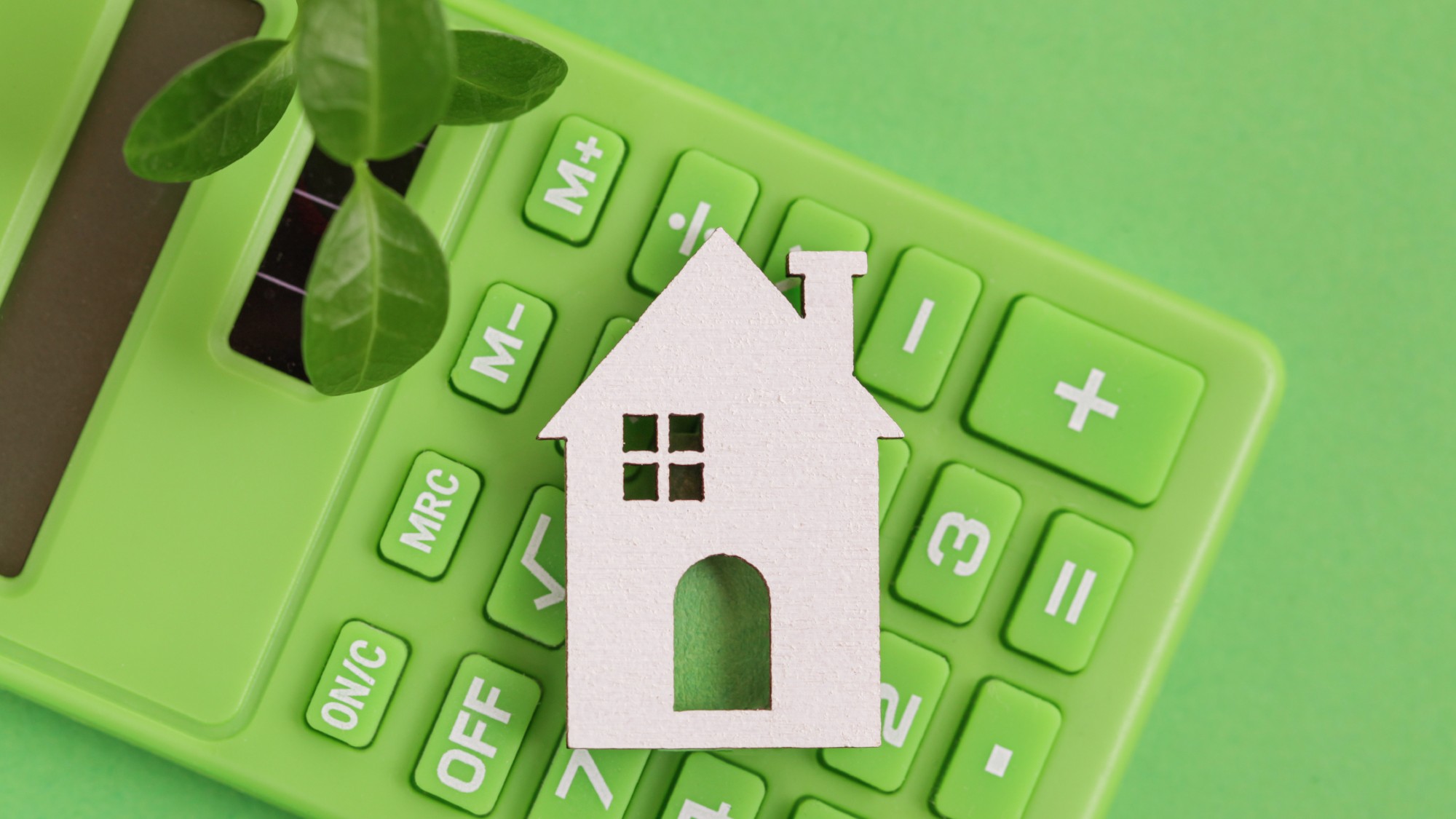 Clean energy tax credits are going away. Here's how to get them before it's too late.
Clean energy tax credits are going away. Here's how to get them before it's too late.The Explainer Trump's recently passed megabill promises the early demise of clean energy tax credits
-
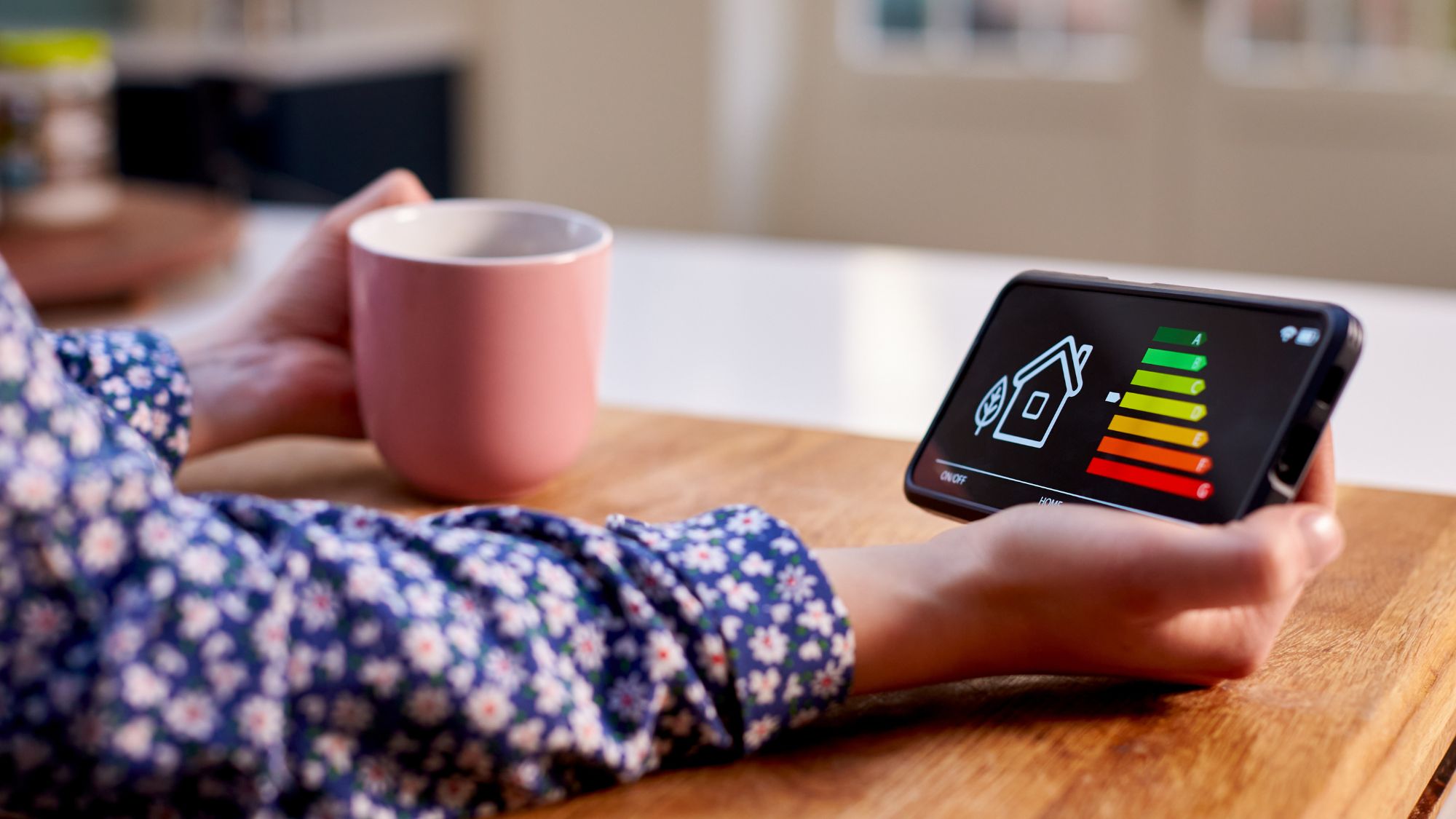 Energy prices set to rise in October – how to reduce your gas and electricity bill
Energy prices set to rise in October – how to reduce your gas and electricity billThe Explainer With the price cap expected to rise before this winter, what is the best way to prepare, and lower costs?
-
 What is a home energy audit and when is it worth getting one?
What is a home energy audit and when is it worth getting one?The Explainer This evaluation of your home's efficiency can pinpoint where exactly it's wasting energy
-
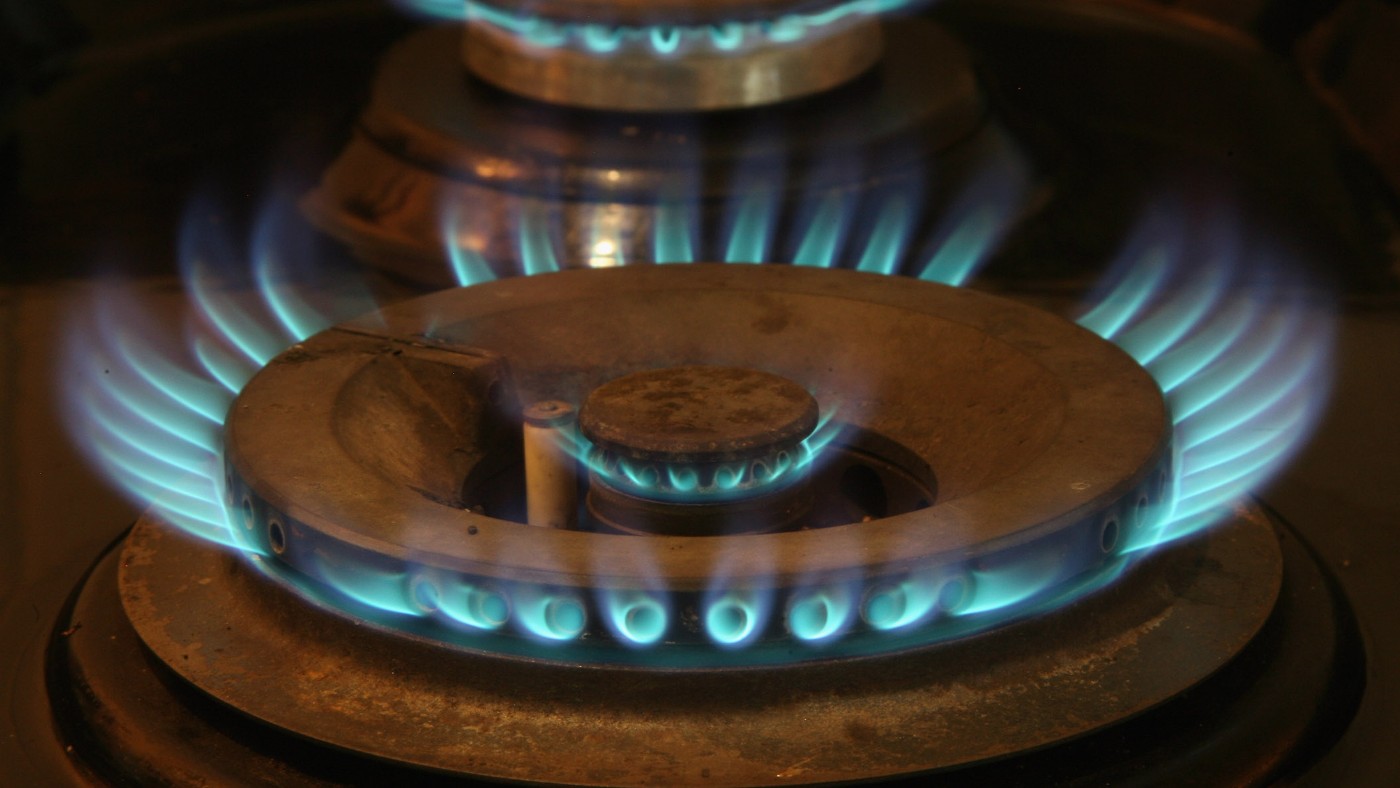 Should the Ofgem energy price cap be scrapped?
Should the Ofgem energy price cap be scrapped?Today's Big Question Poorer households may end up paying more this winter despite cap being lowered from October
-
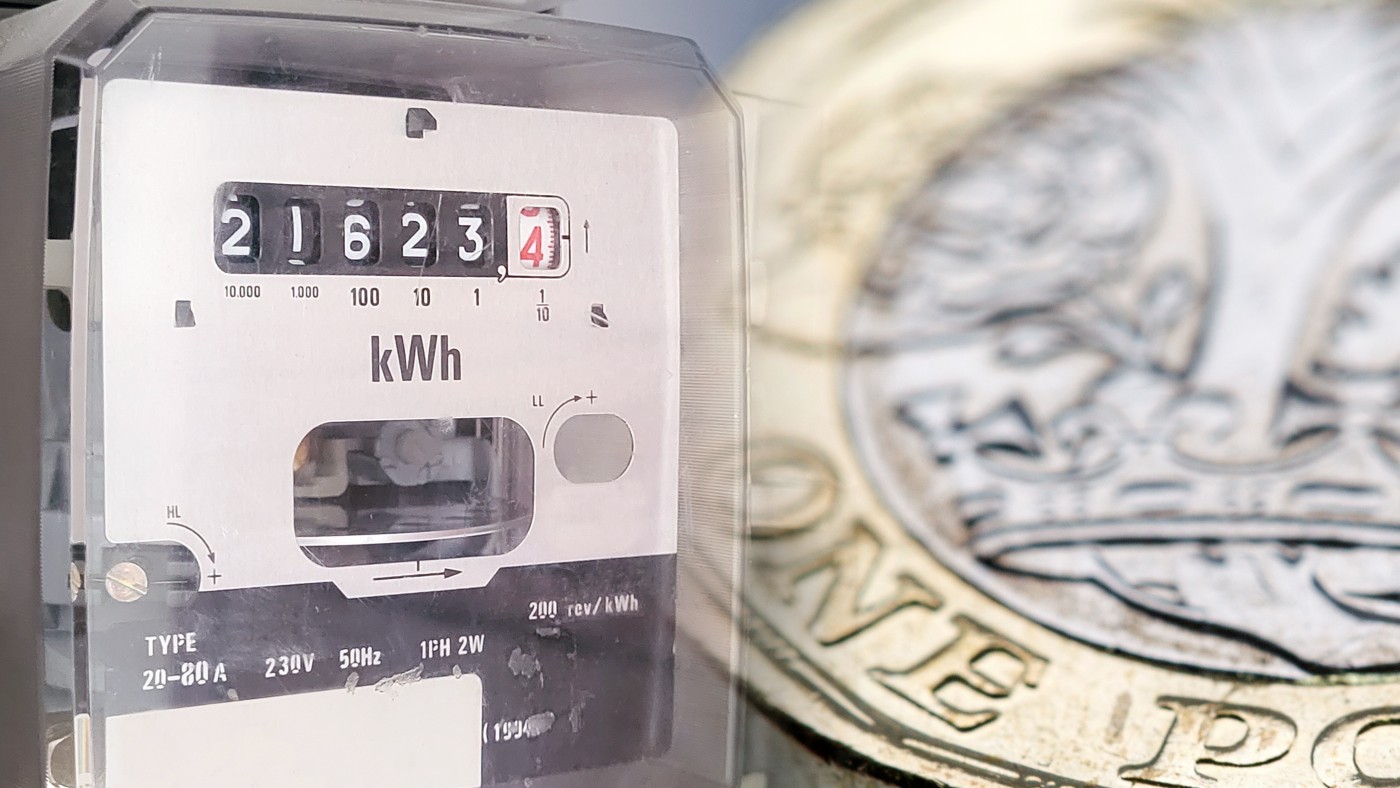 Cost of living: will fall in energy price cap make a difference?
Cost of living: will fall in energy price cap make a difference?In Depth Limit on what providers can charge falls but consumers are warned they will see ‘little relief’
-
 What is the cheapest way to cook?
What is the cheapest way to cook?feature Air fryers, microwaves and slow cookers can all save you money over conventional ovens
-
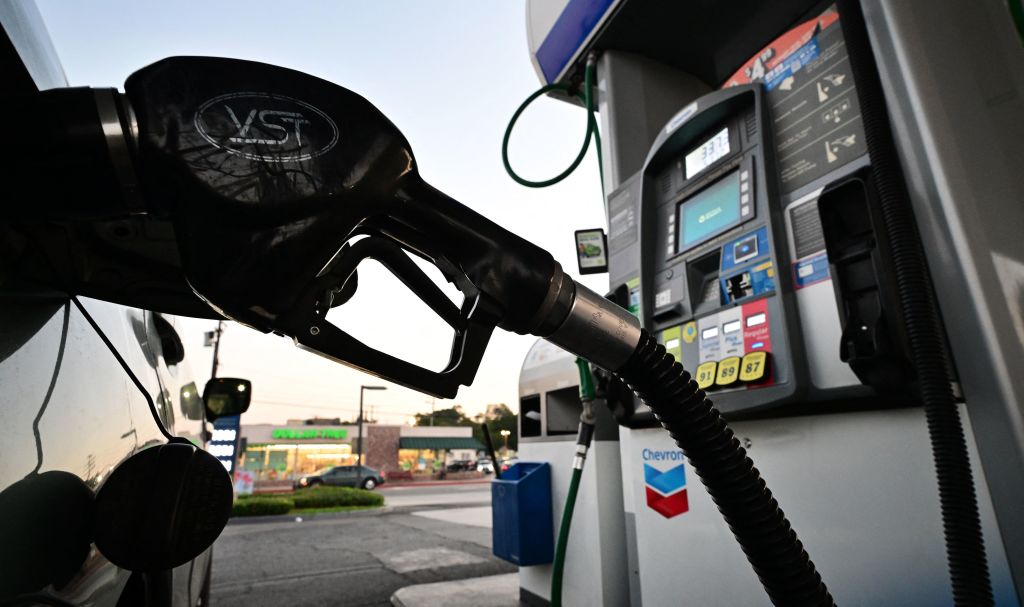 Gas is now cheaper in the U.S. than it was a year ago, for better or worse
Gas is now cheaper in the U.S. than it was a year ago, for better or worseSpeed Read
-
 Is it cheaper to work from home or at the office?
Is it cheaper to work from home or at the office?Talking Point Commuting costs may wipe out savings made from lower domestic energy bills